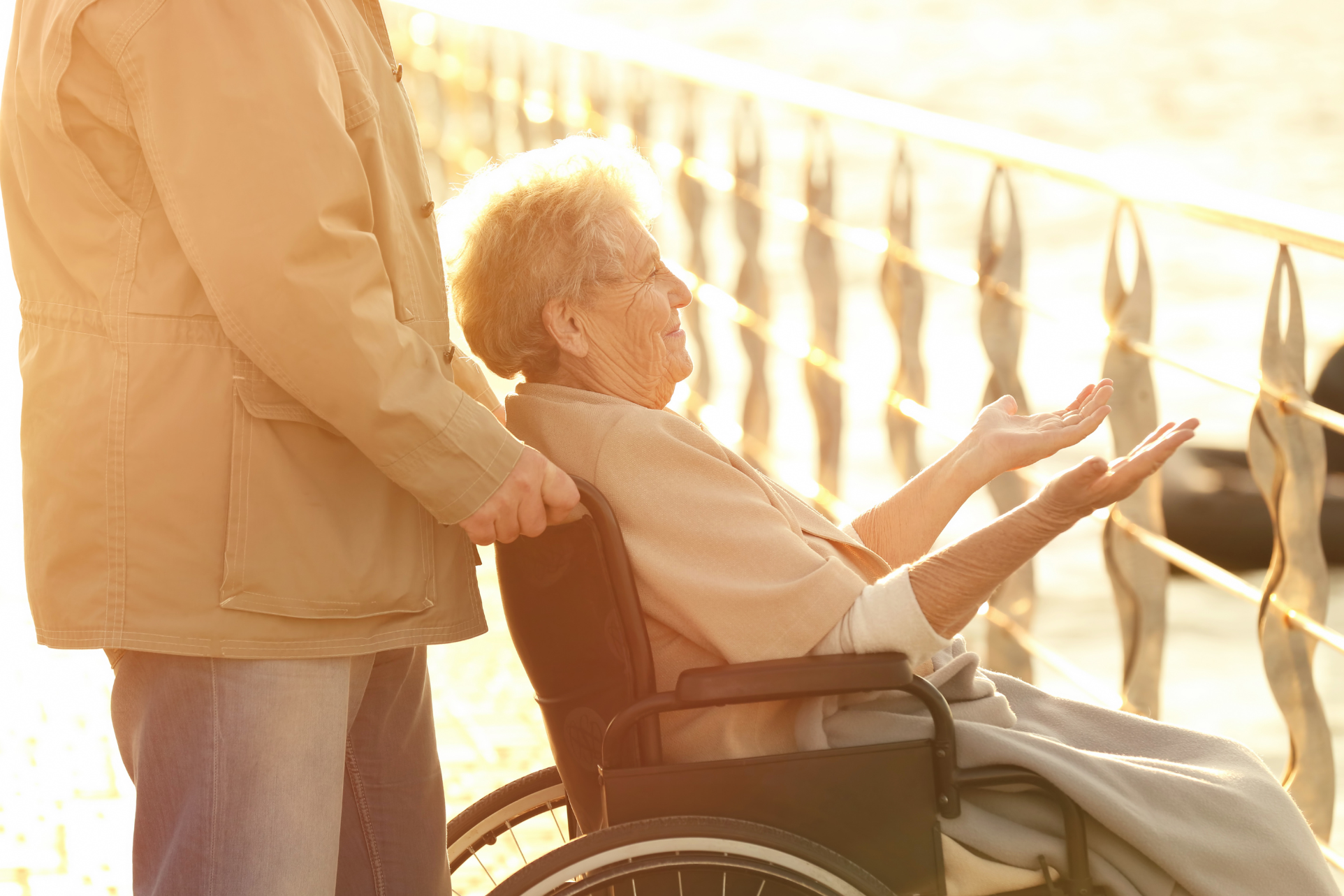How the New Caregiver Advise, Record, Enable (CARE) Act Affects Hospitals and Health Plans
New Jersey became the second state to enact the Caregiver Advise, Record, Enable (CARE) Act when Governor Chris Christie signed the bill into effect Thursday, November 13th. An effort spearheaded by AARP, the law requires hospitals to recognize the role of the caregiver and provide them with the necessary resources to deliver care after a patient has been discharged. Now that the law has come into effect, what does this mean for hospitals and health plans?
Why the CARE Act is Important for Caregivers, Hospitals, and Health Plans
As the national population ages, more and more people are being called upon to care for a family member or friend with a significant health issue. According to Pew Research Center, four in 10 U.S. adults, or 39% of the population, are caregivers.[i] Additionally, an AARP study found that in 2009 the care provided by 61.6 million family caregivers amounted to approximately $450 billion in unpaid care.[ii]
Caregivers can run into challenges when being asked to provide complex medical care, for which many of them do not have the education or proper training. In a survey of New Jersey residents aged 40 and over, many caregivers noted that they are being asked to assist with complex care, including medication management (73%) or other medical tasks (72%).[iii] Oftentimes theses caregivers are employed and may not be able to attend every appointment, missing out on the crucial information and discharge plan formed by the doctor and other medical staff. Without follow-up from staff, it’s hard for caregivers to ensure patients are adhering to these plans. The stress and confusion that follow can lead to the mismanagement of medication and preventable accidents. The resources provided by the CARE Act would provide caregivers with the training and information required to effectively manage a patient’s care.
On the flip side, hospitals can also benefit from this new legislation. New Jersey spends approximately $17 billion in Medicare funds annually on unnecessary hospital readmissions.[iv] Similarly, the Hospital Readmission Reduction Program established by the Affordable Care Act “requires centers for [Medicare and Medicaid Services] to reduce payments to [Inpatient Prospective Payment System] hospitals with excess readmissions”. With the CARE Act, hospitals can lower readmission rates and reduce non-reimbursable operations costs. By enabling caregivers to provide better support when the patient is not in the facility, hospitals can increase medication adherence and discharge plan compliance, leading to better overall wellness.
Oklahoma was the first state to pass the CARE Act earlier this summer and Hawaii is set to be the third with plans for the task force to report back to the legislature by January 1, 2015.
How the CARE Act Will Affect Hospitals
The CARE Act focuses on three main provisions:
- The name of the family caregiver must be recorded when a loved one is admitted into a hospital or rehabilitation facility. The care giver’s address and telephone number must also go in the patient’s medical record.
- The family caregiver must be notified within 24 hours if the loved one is to be discharged to another facility or back home. The hospital must also share a plan outlining what needs to be done in order for the patient to recover.
- The facility must provide an explanation and live instruction of the medical tasks – such as medication management, injections, wound care, and transfers – that the family caregiver will perform at home. There must also be an opportunity for caregivers to ask questions so they can fully understand the tasks they will be asked to complete.
The last point, in particular, will be crucial to improving the efforts of caregivers and the one that will require the most effort on the part of the hospital staff. To be successful, training sessions must fit in with caregivers’ schedules, more than half of whom are employed either full- or part-time[v], and resources must be made readily available when caregivers need them.
How the CARE Act Will Affect Health Plans
While the CARE Act directly affects hospitals, there is also a secondary effect on health plans. As previously mentioned, an increase in the quality of care provided by caregivers will lead to an increase in patient compliance and overall wellness. As patients follow the instructions set forth by their doctors and enforced by their caregivers, there is likely to be a decrease in hospital readmissions, specifically unnecessary ER visits. In a 2013 study which examined commercially insured patients, researchers found that 72% of ER visits were for nonemergency conditions or those that could have been prevented with outpatient care.[vi] By reducing the number of unnecessary ER visits with the help of the CARE Act, health plans will see a reduction in both the time and money spend on addressing these claims.
Complying with the CARE Act Using Personalized Patient Engagement
Under the new legislation, health care organizations and caregivers can work together to provide patients with better quality care, reduce ED readmittance, and increase overall wellness. First, however, hospitals must overcome the challenge of communicating the right information in a manner that is easy to understand and speaks to caregivers about their patients’ and often times loved ones’ needs. By tailoring patient engagement, hospitals can ensure that caregivers are only getting the most pertinent information that directly applies to their charges. This would greatly benefit on-the-go caregivers who are often juggling a variety of responsibilities by providing them with important information in their moments of need, including health alerts, helpful well care tips, secure patient health information, instructional videos, and more. However New Jersey hospitals end up complying with the CARE Act, as long as their approach is patient-centric they will be sure to see improvements in the wellness of their patients.
Sources
[i] http://www.pewresearch.org/fact-tank/2013/07/18/as-population-ages-more-americans-becoming-caregivers/
[ii] http://assets.aarp.org/rgcenter/ppi/ltc/i51-caregiving.pdf
[iii] http://www.aarp.org/content/dam/aarp/research/surveys_statistics/general/2014/2014-AARP-Caregiving-Survey-of-New-Jersey-Residents-Age-40-and-Older-Support-for-The-Caregiver-Advise-Record-Enable-CARE-Act-and-the-New-Jersey-Caregiver%E2%80%99s-Assistance-Act-AARP-res-gen.pdf
[iv] http://www.njassemblyrepublicans.com/?tag=hospital-re-admissions
[v] http://assets.aarp.org/rgcenter/ppi/ltc/i51-caregiving.pdf
[vi]http://img.en25.com/Web/TruvenHealthAnalytics/EMP_12260_0113_AvoidableERAdmissionsRB_WEB_2868.pdf







Find Us Online